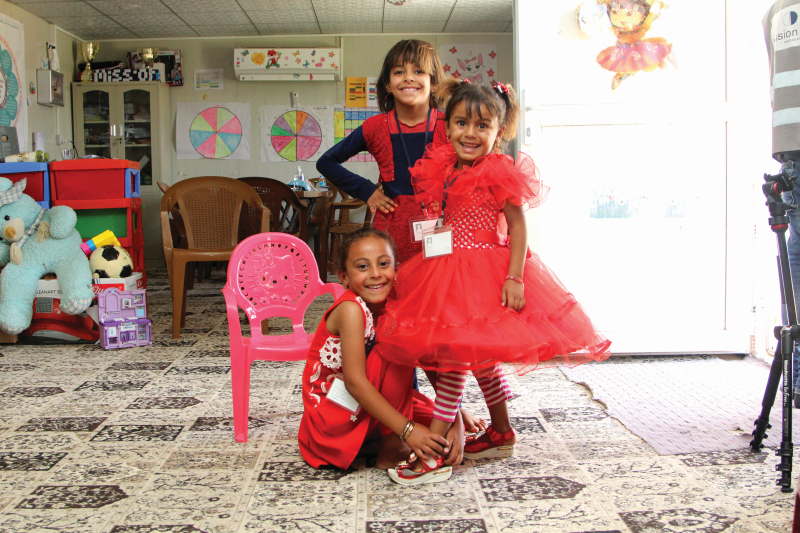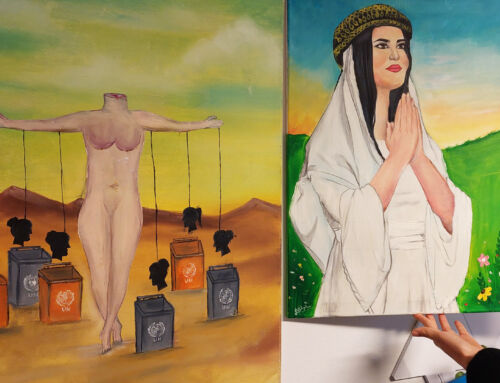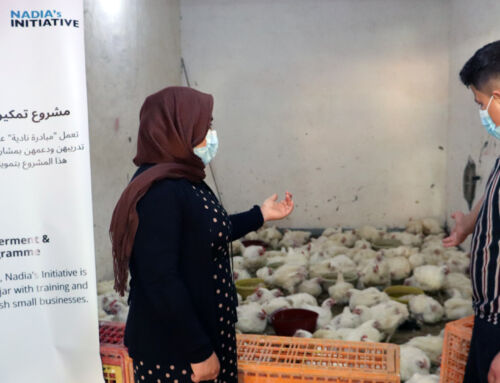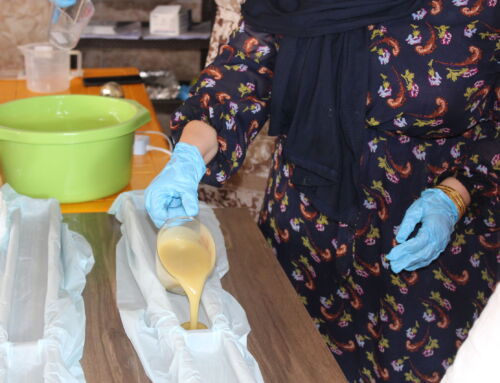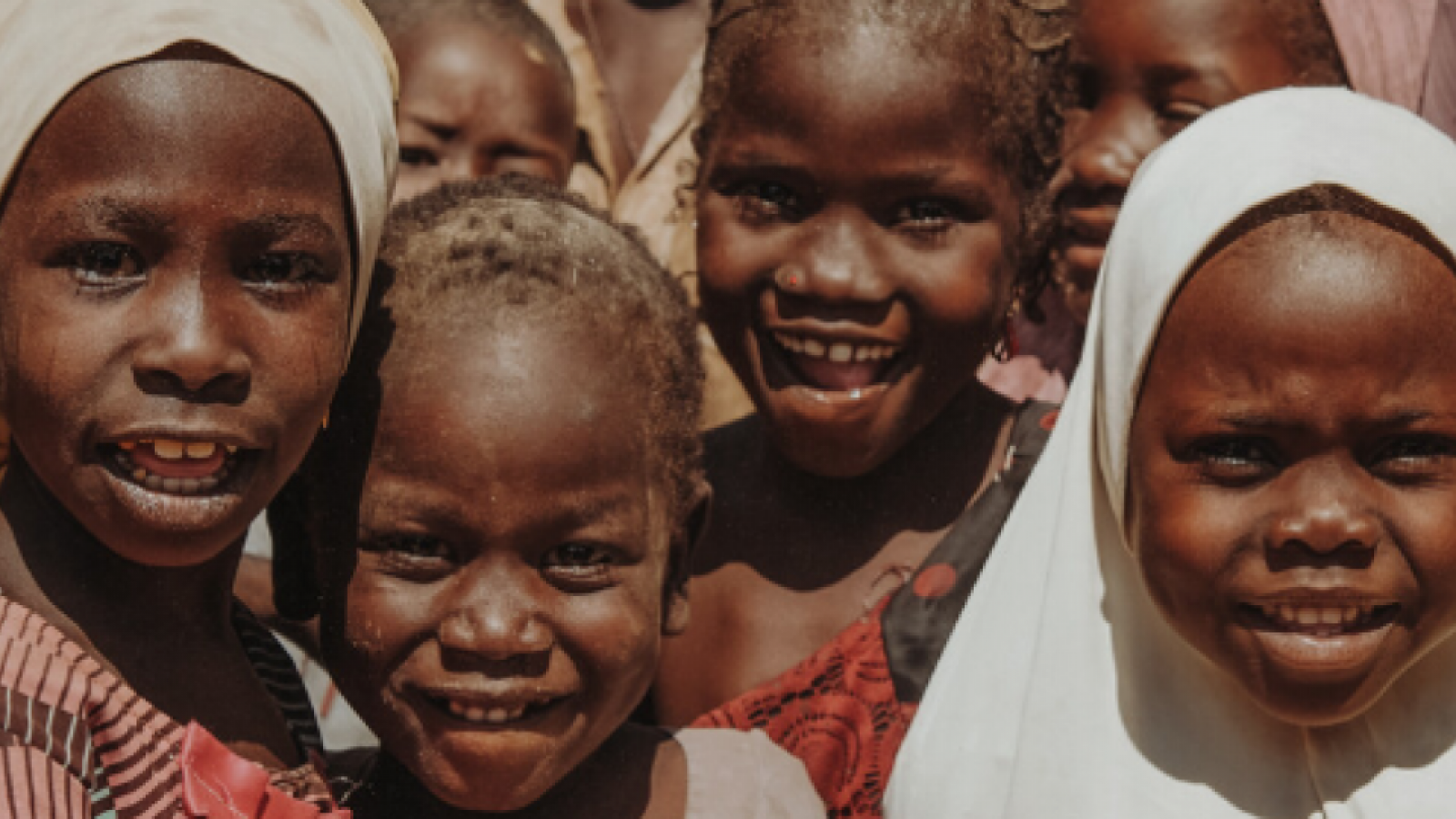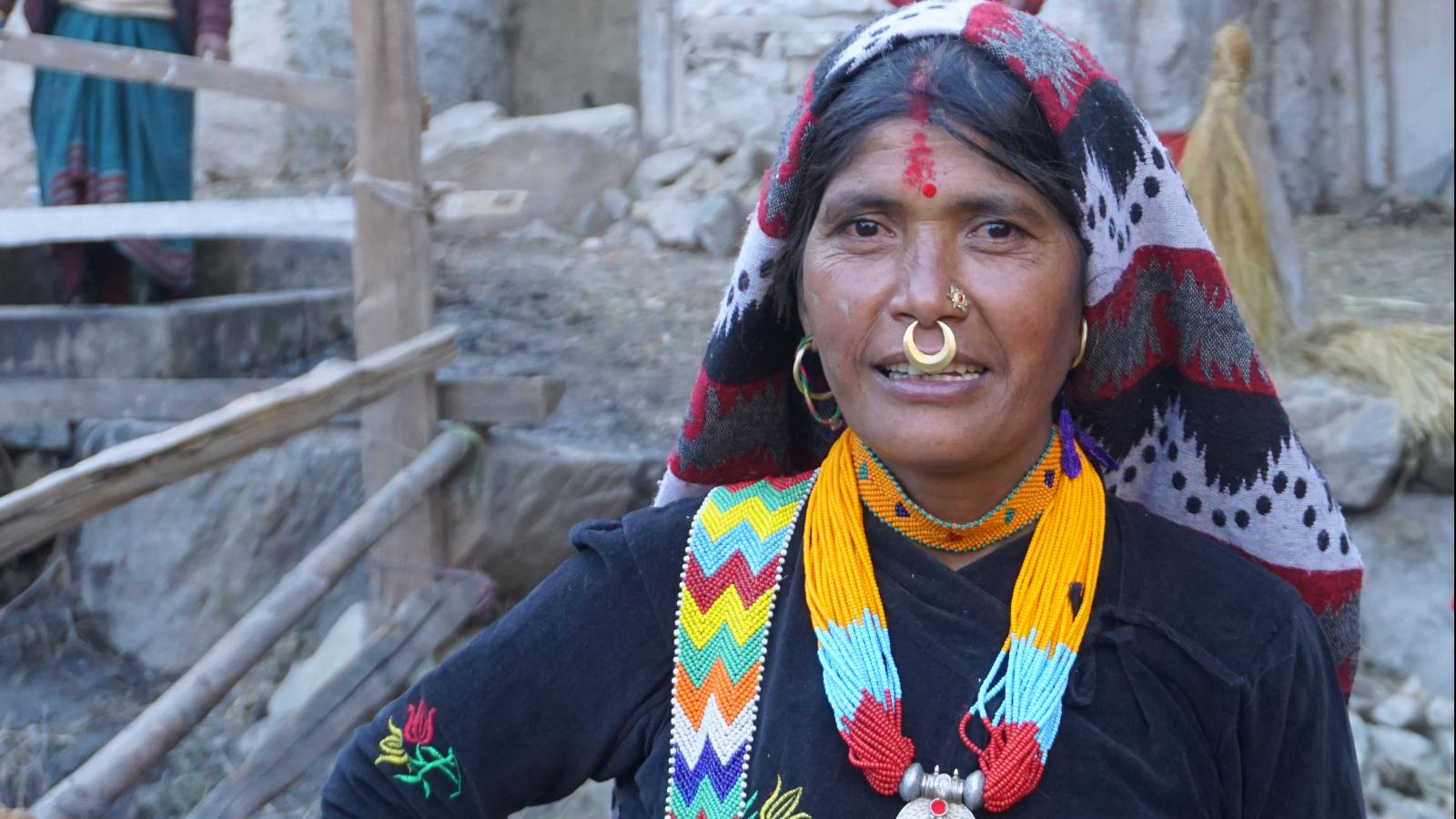Playing, learning and performing daily routines in familiar surroundings is beneficial for children suffering from war-related trauma, explains psychologist with experience in trauma care in crisis-affected countries.
A safe environment makes a world of difference for children whose world has been torn apart by war. They need their days to be as normal as possible with play, family routines and school. And they must have the opportunity to confide in reliable adults who will not get shocked by the children’s reactions. In the long term, this will stop the vicious cycle of violence and save an entire generation for the future.
The powerful words come from Maria Christensen who has many years of experience with helping children with trauma and identity issues. She has studied Mission East’s work in Iraq with great interest and recognizes the organisation’s effort to help war-affected children and youth on centres with child-friendly spaces.
Children need a safe environment
”The more normal conditions we create for the children, the better. If they can live together with their family or something like a family, it is a great advantage. Here they can eat and perform other daily routines together; routines where there is room for the children. Any traumatic experiences they may have had will make them entrapped in their own thoughts. They need to be able to get rid of these thoughts. The child needs a safe environment. Information must not be leaked, and comments that make the children afraid to open up must be avoided. For instance, they may say terrible things about their family, and they should not be afraid to say those things,” Maria Christensen says.
Must relearn boundaries
At Mission East’s centres in Iraq, the children participate in plays about their trauma. For instance, they can re-enact that Islamic State is coming. About that, Maria Christensen explains:
”For some, to play a role and be the villain can be a way of processing some internal conflicts. If you have a strong desire for revenge, this can be a way of seeing the situation from the outside and process your feelings. Children who have been exposed to violence, are more prone to exercise violence later. So, for the children it is about to learn where the boundaries are. What is dignified conduct towards someone weaker than oneself? They need help to become good adults who understand what acceptable behaviour is in a society where we must live in peace with one another,” she explains.
The chain is broken
It is not only trauma from violent experiences that make life difficult for children affected by war. The war-torn country where they grow up makes it difficult for them to create a normal life:
”In Syria and Iraq there are generations who have not got vaccines, routine health checks, who have not attended school and who have got inadequate nutrition in long periods of time. There is no chance of getting an education to get good jobs, and they do not inherit a piece of land from their family to cultivate. This chain has been broken because of the war. What then? Here we must create good conditions for their lives with positive content and appreciate their effort and show them respect,” Maria Christensen says.
One example of this is Mission East’s workshops for young people where they learn for example sewing and IT, providing them with skills to get a job in the future.

